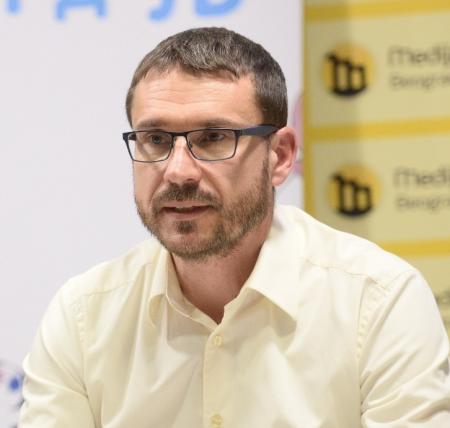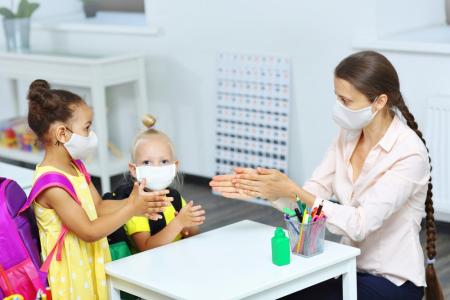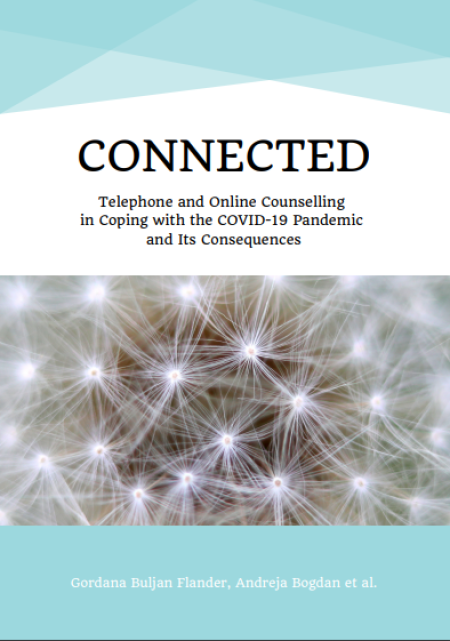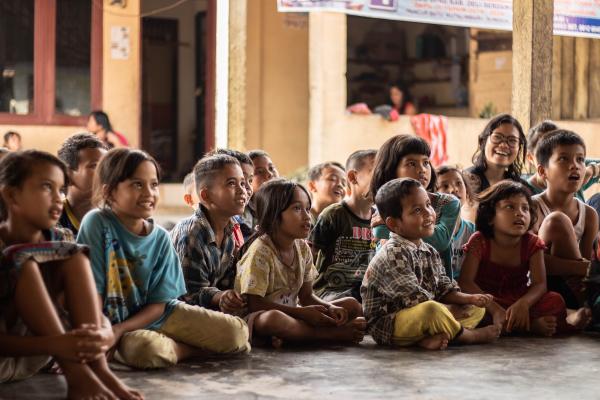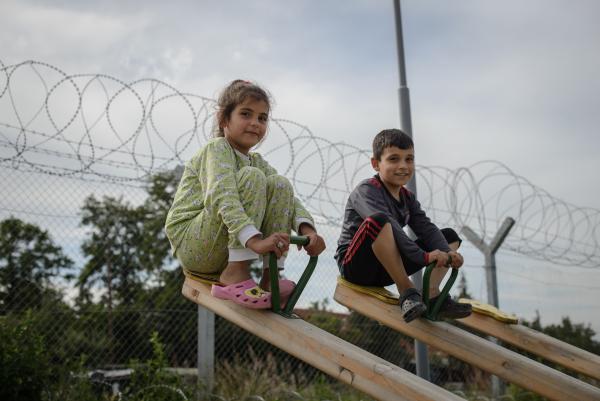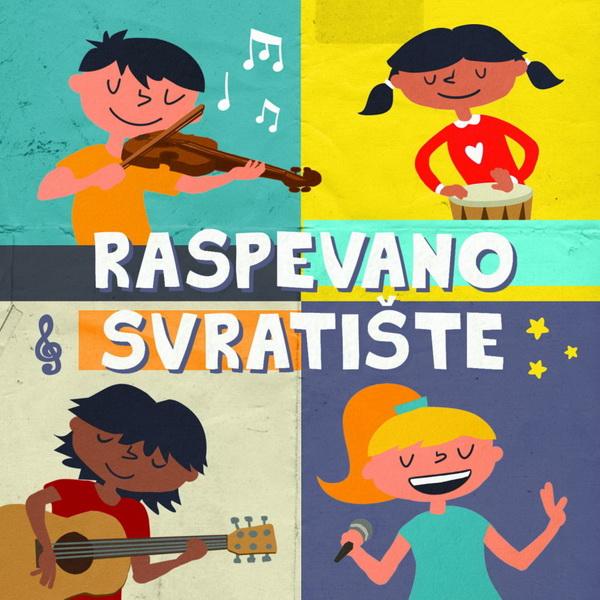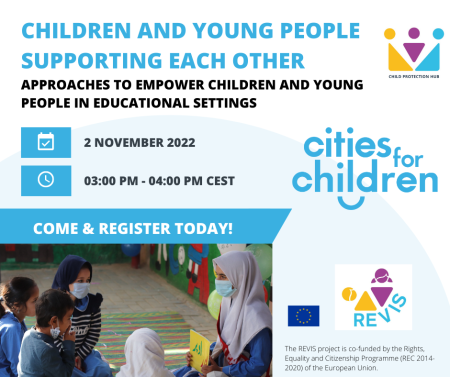
Thanks to our partners and the commitment of local and national child protection actors across South-East Europe, ChildHub grew to become one of the largest online communities of professionals, with more than 13,000 registered members. In the coming weeks, we will share a series of interviews with ChildHub coordinators and resource persons to celebrate our common achievements. We also hope that these stories will motivate other professionals to engage more on ChildHub!
Saša Stefanović, the Director of the Network of Organizations for Children of Serbia MODS, is an early adopter of ChildHub, joining the initiative when it was launched in 2015.
Tell us a bit about your work and what motivates you.
For almost 20 years, through the Association for the Development of Children and Youth – Open Club and the Network of Organizations for Children of Serbia (MODS), I have had the opportunity to meet and collaborate with people who are dedicated to building a better society for every child.
By uniting our knowledge, experience, and time, we have created and developed the network of organizations that work with and for children. It is thanks to them and the children and young people with whom they work diligently that the Network of Organizations for Children of Serbia exists today. These wonderful people, especially children and young people, the cooperation with them and the opportunity to work together on issues that are very important are my greatest motivation and what has moved me all these years.
How did you first get involved in ChildHub and what was your further engagement?
I have been on ChildHub since the beginning, in 2015. Our friends from the Center for Youth Integration [ChildHub partner in Serbia – Ed.], who are members in MODS, invited us to join. It was natural for us to continue our collaboration on ChildHub, because it is based on connecting people in the country and the region, who share the same values and work every day to create an inclusive and safe environment for every child. That is why we are very happy to promote the work of ChildHub and invite MODS members to join and become part of this regional platform. I had the opportunity to contribute to the design of online trainings on the platform, to participate in regional trainings and seminars, webinars.
How do you see a future collaboration between your organization and ChildHub?
We hope to have the opportunity to hold the webinars we are planning as MODS on the ChildHub platform, which provides excellent technical capabilities, visibility, and regional reach. In addition, ChildHub is an exceptional resource in terms of knowledge, experience and people who can help us make our advocacy proposals better argued, based on best practices in the country and the region.
The current pandemic has been affecting us all. Was ChildHub helpful in this context?
ChildHub is avant-garde. Years before the pandemic forced many people, to work from home (if they could), ChildHub provided an opportunity to connect online and learn from each other through webinars and other resources. In that sense, ChildHub was already a tool and infrastructure for communication, cooperation and learning before the pandemic. Adapting to the new situation due to the pandemic, working from home, online meetings and networking, was facilitated by the experience we had with ChildHub.
Why would you recommend ChildHub to your colleagues and other professionals?
ChildHub is a place of knowledge, collaboration and connection. Thanks to the people who make up ChildHub, this online platform is not alienating; it provides an opportunity for people to connect and collaborate not only in a virtual world and environment. It is a great value and achievement that will, I sincerely hope, be preserved.
***
The Child Protection Hub is led by Terre des hommes (Regional Office in Hungary in collaboration with country offices in Albania, Kosovo, Moldova, Romania and Greece), in partnership with Save the Children North West Balkans, Know-how Centre for Alternative Care for children in Bulgaria, Brave Phone in Croatia, and Centre for Youth Integration in Serbia.
ChildHub is funded by the Austrian Development Agency, Oak Foundation, and Terre des hommes Foundation.

You might like..


